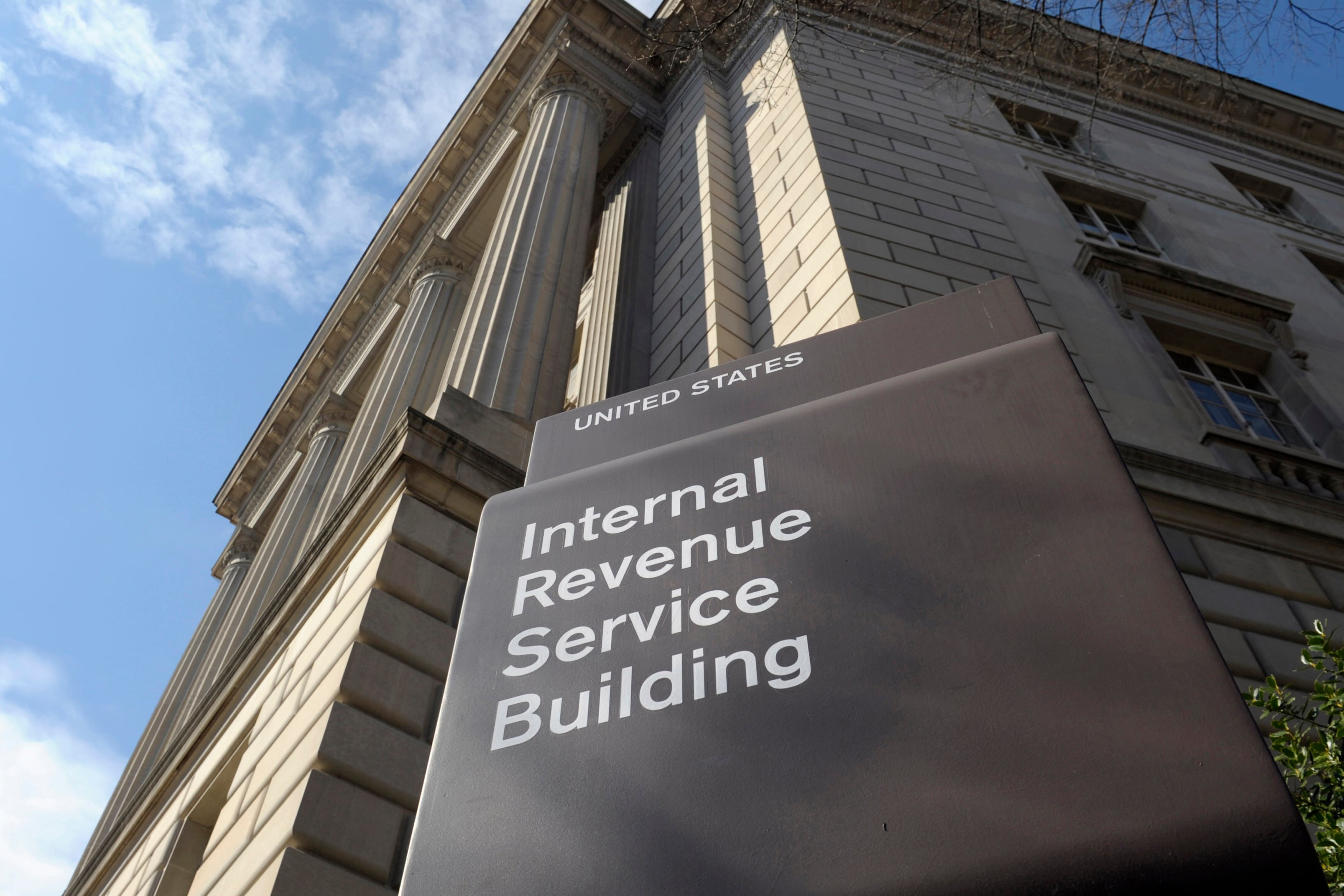The IRS says it has collected an additional $360 million in overdue taxes from delinquent millionaires as the agency's leadership tries to promote the latest work it has done to modernize the agency with Inflation Reduction Act funding that Republicans are threatening to chip away.
Leadership from the federal tax collector held a call with reporters Thursday to give updates on how the agency has used a portion of the tens of billions of dollars allocated to the agency through Democrats’ Inflation Reduction Act, signed into law in August 2022.
Along with the $122 million collected from delinquent millionaires last October, now nearly half a billion dollars in back taxes from rich tax cheats has been recouped, IRS leaders say.
The announcement comes as the IRS braces for a more severe round of funding cuts.
The agency cuts previously agreed upon by the White House and congressional Republicans in the debt ceiling and budget cuts package passed by Congress last year — which included $20 billion rescinded from the IRS over two years — would be frontloaded as part of the overall spending package for the current fiscal year that could help avoid a partial government shutdown later this month.
IRS Commissioner Daniel Werfel said that “the impact of the rescission that’s being discussed as part of the current budget will not impact our efforts until the later years.”
He said the agency would still spend its now-$60 billion allocation over the next 10 years and spread the need for more funding into later years.
“Our intent is to spend the money to have maximum impact in helping taxpayers,” he said, “to have maximum impact now and in the immediate future.”
“My hope is that as we demonstrate the positive impact that IRA funding is having for all taxpayers, that there will be a need and a desire amongst policymakers at that time to restore IRS funding so that we can continue the momentum that’s having a very positive impact," Werfel said.
As of December, the IRS says it opened 76 examinations into the largest partnerships in the U.S. that include hedge funds, real estate investment partnerships and large law firms.
“It’s clear the Inflation Reduction Act funding is making a difference for taxpayers,” Werfel said. "For progress to continue we must maintain a reliable, consistent annual appropriations for our agency.”
The 2024 tax season begins on Jan. 29, the IRS says.













